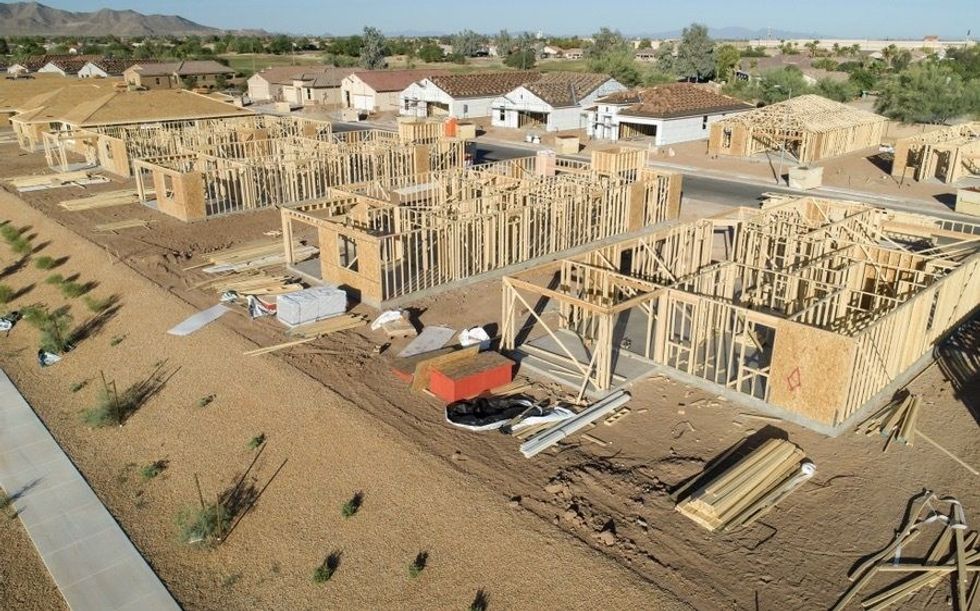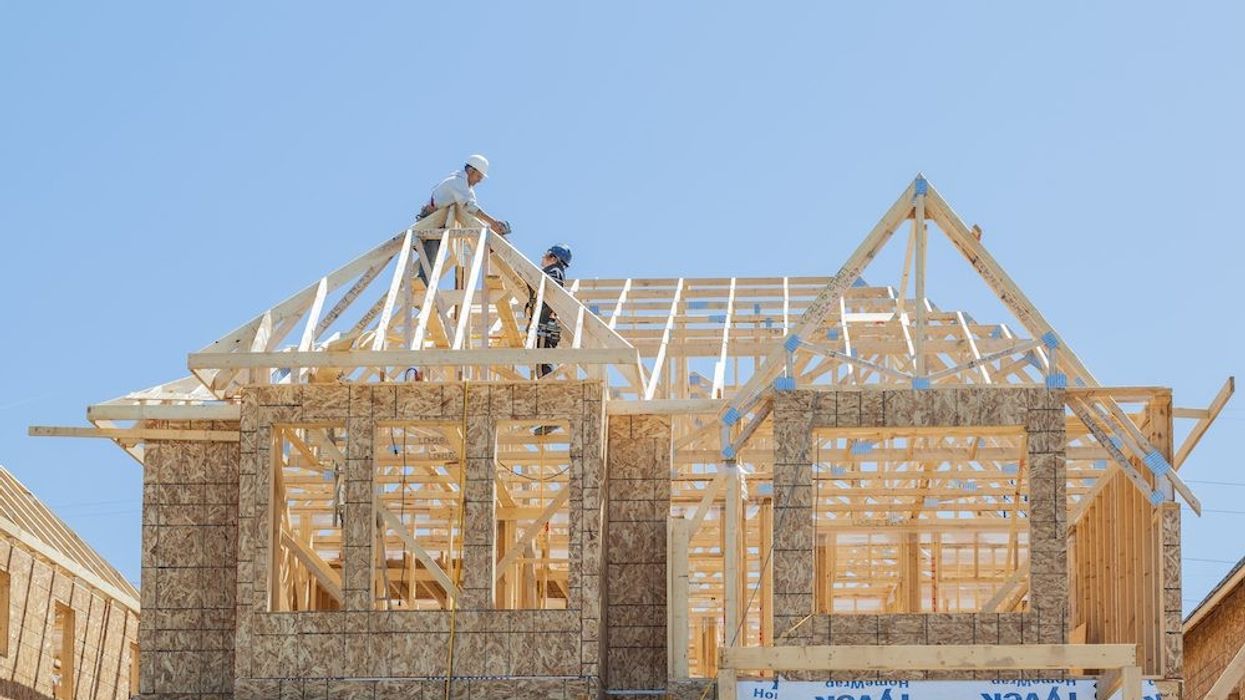Premier Doug Ford's government just keeps dialling up the controversy these days.
Despite loud and clear backlash, the PC Party of Ontario has just passed Bill 23, or the “More Homes Built Faster Act.” The bill is intended to facilitate housing development, however, critics say it will leave municipalities high and dry billions of dollars, diminish the much-needed role of conservation authorities, and increase property taxes.
The sweeping legislation was first introduced by the Ford government a month ago.
It allows multiple units as of right on all residential lots, cuts development fees, and bars residents or environmental groups from appealing a development to the Ontario Land Tribunal (OLT). While these are all major wins for developers, they may be the only ones who are happy with the bold move.
At the centre of the controversy on the municipality front is that Bill 23 allows for freezing, reducing, or eliminating fees paid by developers. These fees provide much-needed dollars to municipalities for the support of infrastructure, community centres, parks, and new homes. Furthermore -- marking a move backwards in the eyes of many, given the fragile state of the environment -- the bill also problematically limits the areas conservations authorities can consider in development permissions, removing factors like pollution and land conservation.
The Association of Municipalities of Ontario says the changes could leave municipalities short $5B. What’s more, it will be up to taxpayers to foot the bill, either in the form of higher property taxes or service cuts. Perhaps most notably, there is nothing in the bill that would guarantee improved housing affordability. Sigh.

Meanwhile, tensions continue to mount between environmental activists, local residents, and the Ontario government over a plan to build on Greenbelt land.
Despite the mounting backlash, the Province is currently undergoing a 30-day consultation process in attempt to move forward with a plan to remove 7,400 acres of land from the so-called protected Greenbelt to facilitate the growth of over 9,000 homes. As a consolation, the government said it would add 9,400 acres to the Greenbelt land. The government says that construction on the land its eying would begin no later than 2025.
While Premier Doug Ford and Municipal Affairs and Housing Minister Steve Clark drive home a relentless narrative that the province is in the grips of a housing crisis -- and there's no denying that -- many say there are other solutions than the proposed building on Greenbelt land and that doing so sets a dangerous precedent.
It didn’t take long for Ontario Green Party leader Mike Schreiner to release a statement in response to the legislation’s passing. In it, Schreiner said that the voices of poverty activists, municipal figures, and healthcare workers have been ignored.
“On top of that, Indigenous groups say that the Ford government has willfully disregarded its duty to consult them on this bill,” reads the statement, in part. “The government’s disregard for proper Indigenous consultation is a complete neglect of reconciliation. Yet, the government forged ahead and passed Bill 23 today, giving itself a standing ovation for paving the Greenbelt, raising property taxes, and dismantling environmental protections. Bill 23 makes way for land speculators to privately profit from the public value of protected land. What seems clear is the government’s decision to rush Bill 23 through Committee and avoid as much backlash as possible was because this bill was drafted for land speculators to cash in, while people pay the price."
Schreiner ended his statement with a call for Ford to repeal Bill 23.
In the face of widespread criticism (it's not just Schreiner with choice words for Ford), the Ontario government points to the province’s goal of building 1.5M homes over the next 10 years as all the justification needed for Bill 23 to become a reality -- whether we like it or not.





















